It is my conviction that killing under the cloak of war is nothing but an act of murder
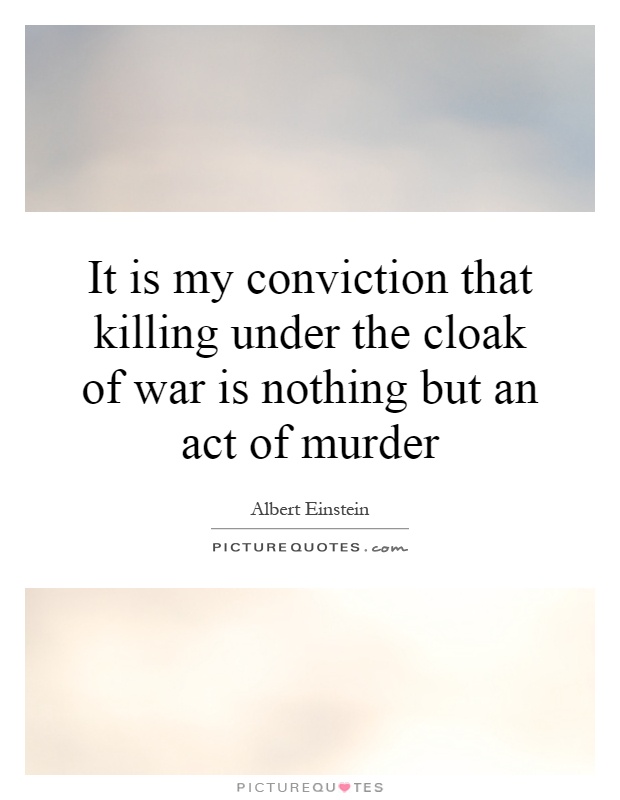
It is my conviction that killing under the cloak of war is nothing but an act of murder
Albert Einstein, one of the greatest minds of the 20th century, was not only known for his groundbreaking scientific discoveries but also for his strong moral convictions. Throughout his life, Einstein was a vocal advocate for peace and a staunch critic of war. He believed that violence and conflict were never the answer to resolving disputes and that killing in the name of war was nothing but an act of murder.Einstein's views on war were shaped by his own experiences living through the devastation of World War I and witnessing the rise of militarism and fascism in Europe in the years leading up to World War II. He saw firsthand the horrors and senseless destruction that war brought upon humanity, and he was deeply troubled by the idea that killing could be justified under the guise of patriotism or national defense.
For Einstein, the distinction between killing in war and murder was a false one. He believed that taking another person's life, whether on the battlefield or in a back alley, was always a grave moral wrong. In his famous quote, "It is my conviction that killing under the cloak of war is nothing but an act of murder," Einstein was making a powerful statement about the moral responsibility that individuals and nations have to reject violence and seek peaceful solutions to conflicts.
Einstein's pacifist beliefs were not just theoretical. He was actively involved in efforts to promote disarmament, prevent the spread of nuclear weapons, and foster international cooperation. He was a founding member of the Pugwash Conferences on Science and World Affairs, an organization dedicated to using scientific expertise to address global security challenges. He also famously signed the Russell-Einstein Manifesto in 1955, which called for an end to nuclear weapons testing and the peaceful resolution of international conflicts.

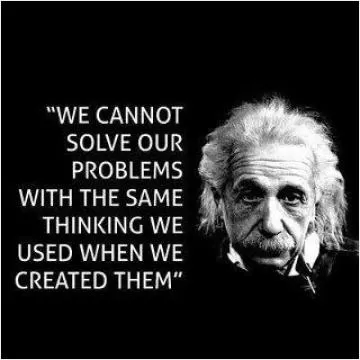

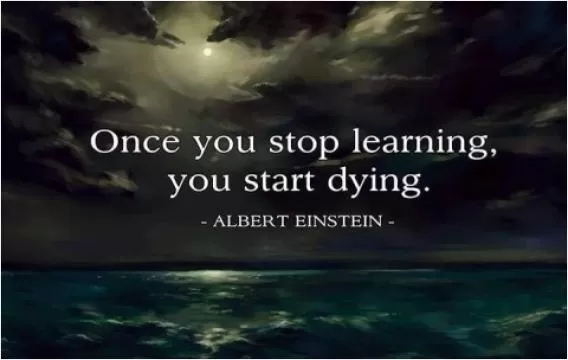
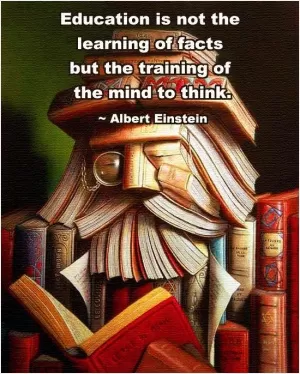


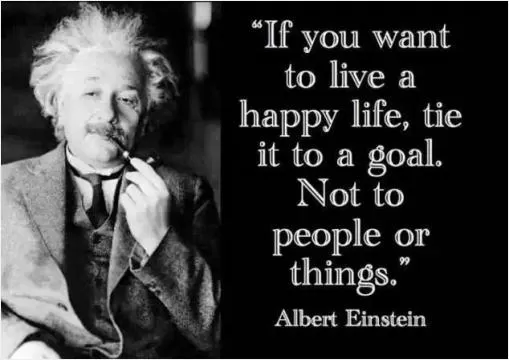
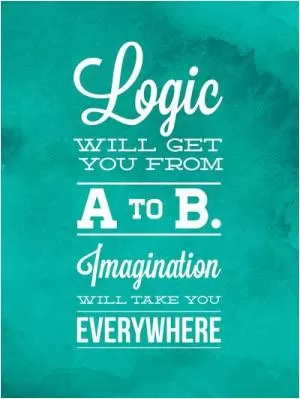

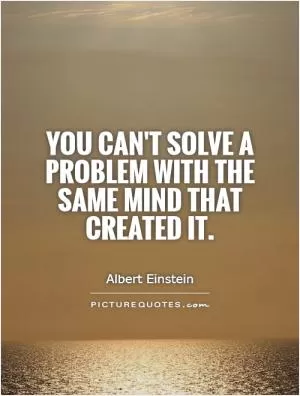
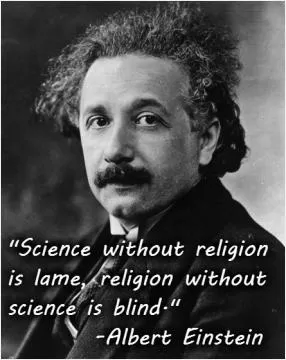
 Friendship Quotes
Friendship Quotes Love Quotes
Love Quotes Life Quotes
Life Quotes Funny Quotes
Funny Quotes Motivational Quotes
Motivational Quotes Inspirational Quotes
Inspirational Quotes